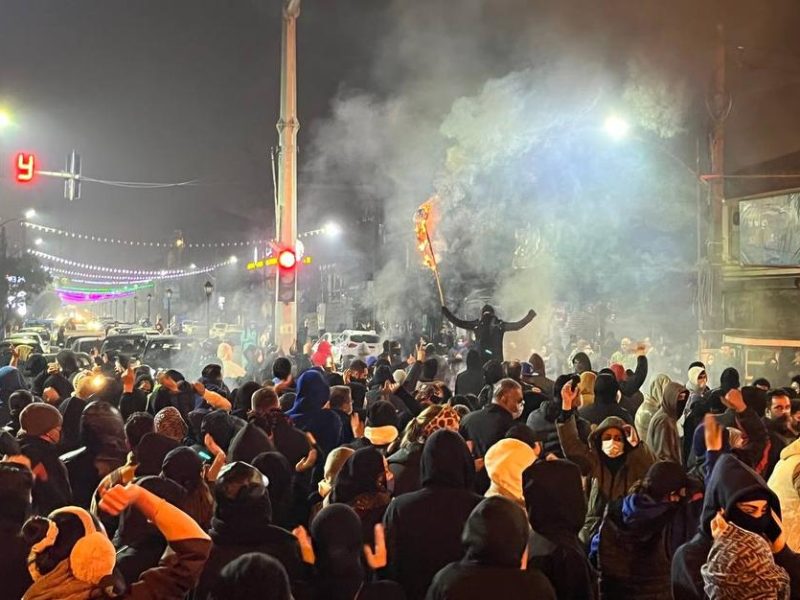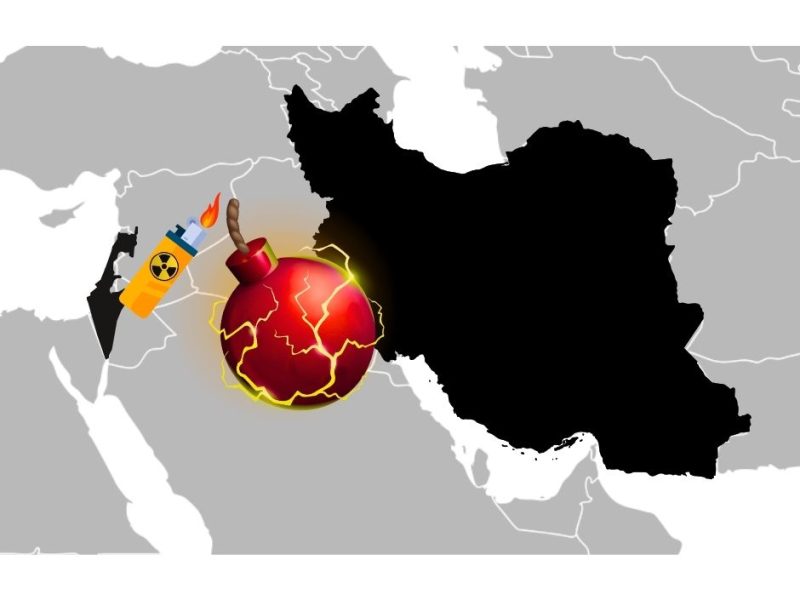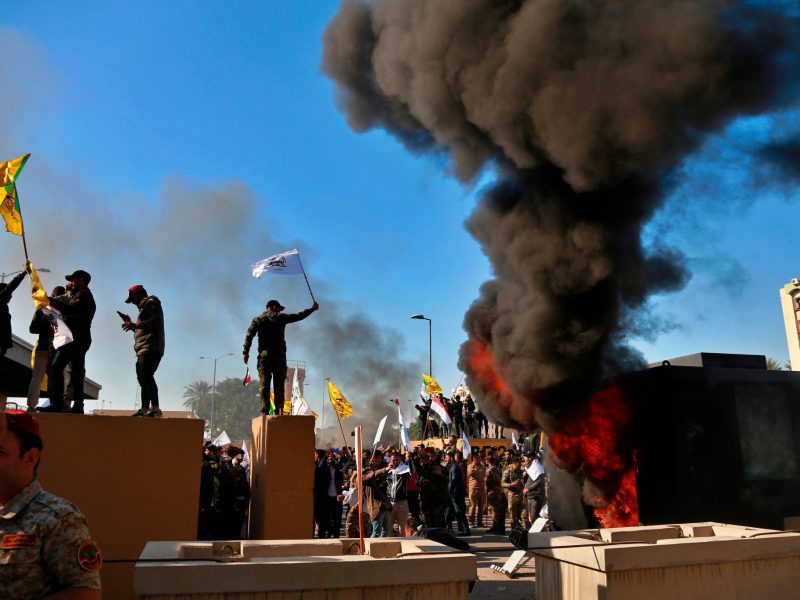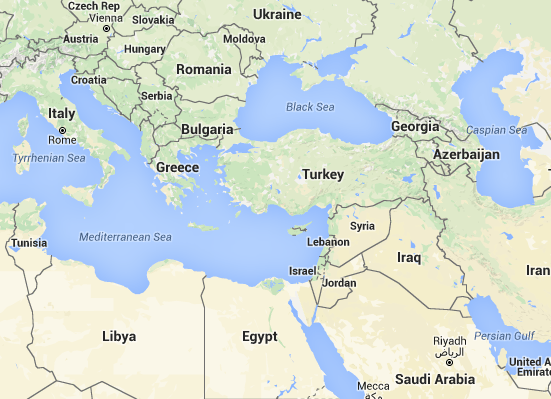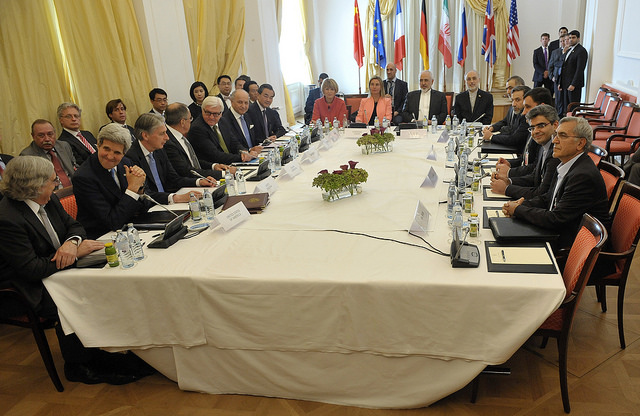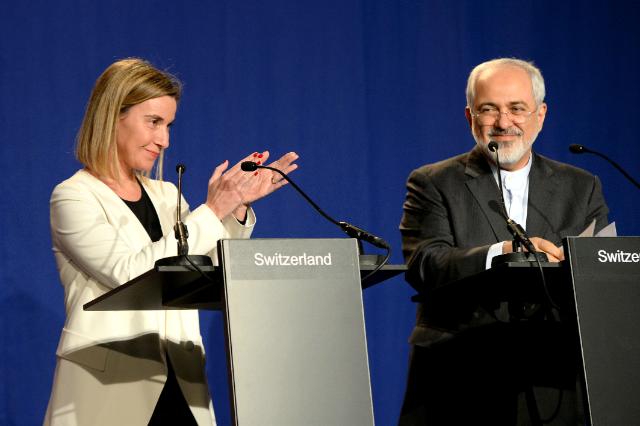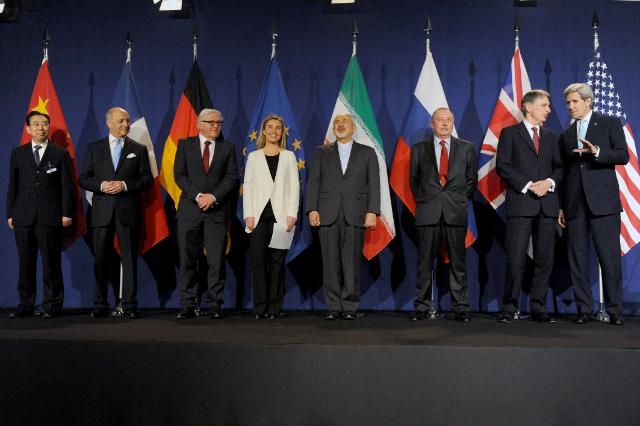Day of judgement for the Islamic Republic?
Iran is in flames, with thousands of people protesting on the streets of cities around the country. Ostensibly, it is the drastic devaluation of Iran’s currency (the rial has fallen to a historic low of more than 1 million rials to 1 USD) and high inflation that set off the protests on 28 December 2025,…

